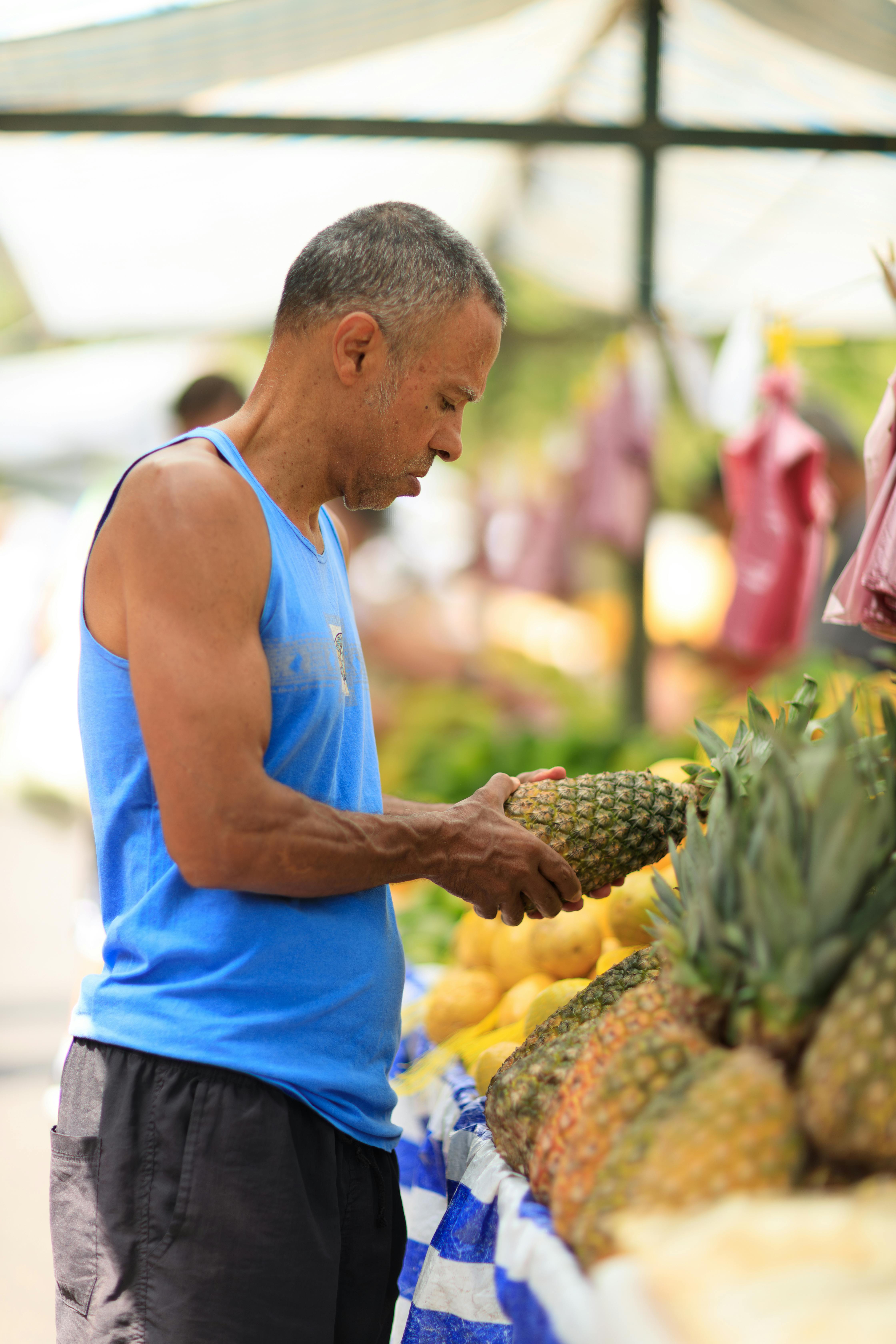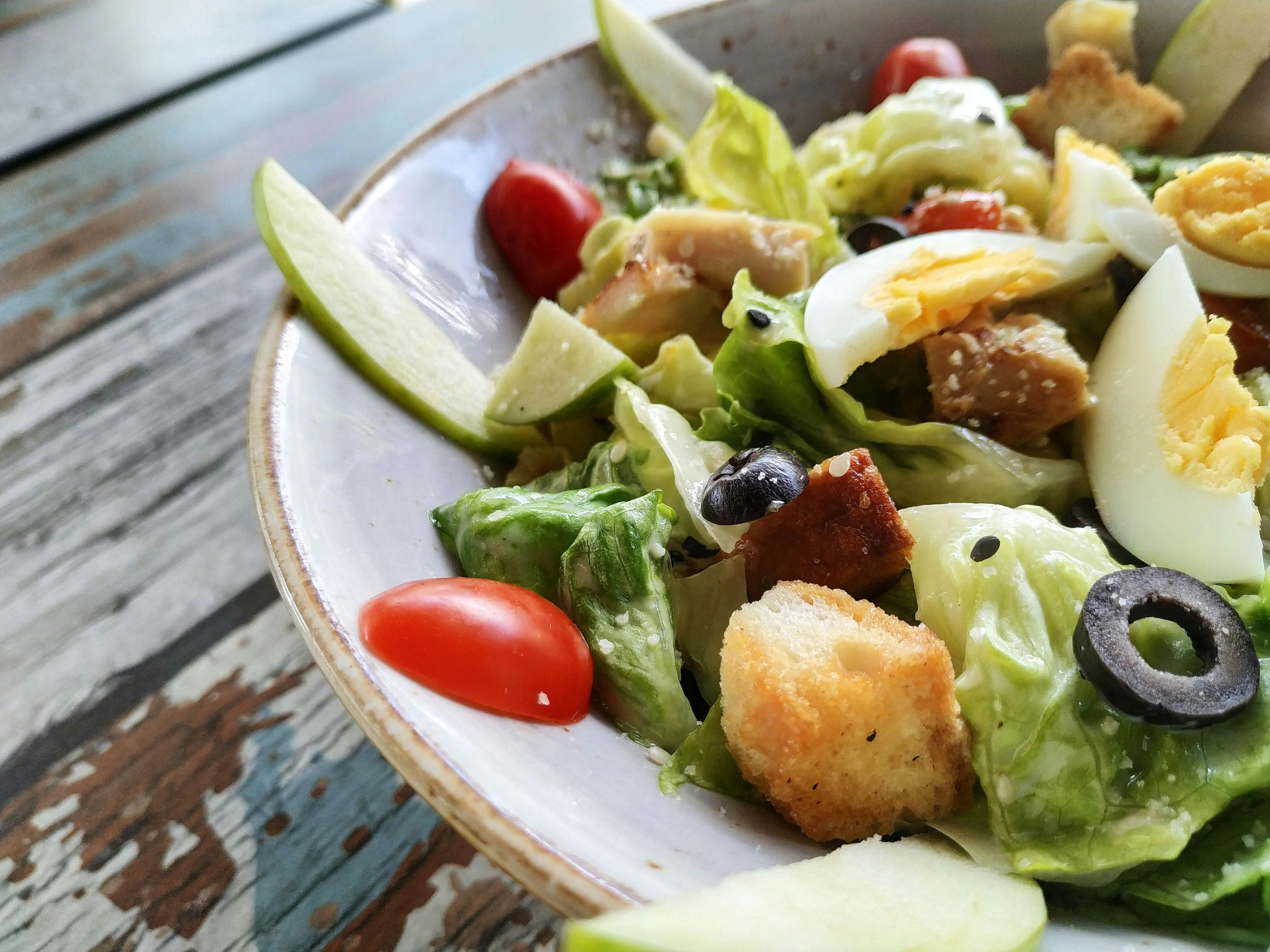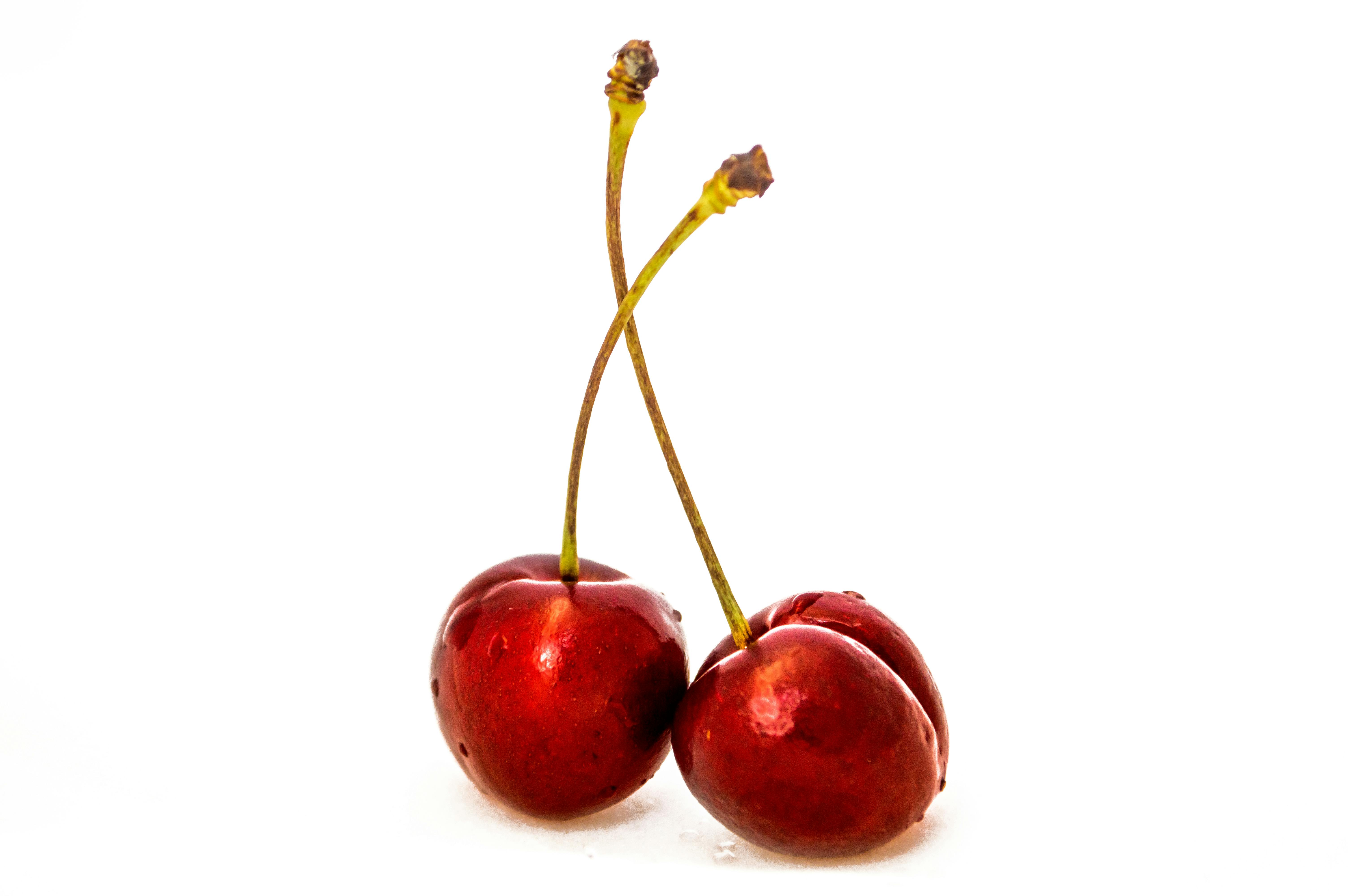Essential Guide to Colonoscopy Diet Sheet: The Latest Tips for 2025
Preparing for a colonoscopy can feel daunting, particularly when it comes to understanding the **colonoscopy diet**. It’s crucial to follow the specific dietary guidelines to ensure a successful examination and optimal **digestive health**. This guide provides a detailed overview of what to eat, what to avoid, and how to prepare effectively, drawing on the latest information for 2025.
Understanding the Colonoscopy Preparation Process
The journey to a successful colonoscopy begins with understanding the preparation requirements. Proper **colonoscopy preparation** is essential to clean the bowel adequately. This involves adhering to a **low-fiber diet** a few days prior to the procedure and switching to a **clear liquid diet** in the final hours leading up to the examination. The purpose of this is to minimize stool residue, ensuring the colon is clean for the procedure.
Dietary Restrictions Before the Procedure
Before undergoing a colonoscopy, patients may need to implement strict **dietary restrictions**. It typically starts with transitioning to a **high-fiber foods** avoidance, reducing intake of fruits, vegetables, seeds, nuts, and whole grains for two to three days before the test. Following this initial reduction, the patient will be instructed to consume only clear liquids such as water, broth, apple juice, and electrolyte drinks designed to aid **hydration before colonoscopy** procedures.
Foods to Avoid: Clinical Guidelines
Guidelines for **colonoscopy instructions** recommend specific foods to avoid, which primarily include those with high fiber or fat content. Red meat, beans, and whole grains can contribute to increased bloating and discomfort, affecting the examination. Clear foods like gelatin dessert provide a gentle option for maintaining energy while remaining compliant with the dietary recommendations.
The Clear Liquid Diet Explained
The **clear liquid diet** plays a pivotal role in the colonoscopy prep stage. It serves not only to cleanse the bowel but also to maintain hydration levels. This diet allows for easy absorption and minimal residue, aligning with the objectives of the colonoscopy procedure. Common items in the clear liquid diet include clear soups, any strains juices, and non-alcoholic gelatin.
Importance of Hydration and Electrolytes
Intensive **hydration methods** are critical for patients preparing for a colonoscopy. Alongside clear liquids, electrolyte drinks are recommended to replenish vital minerals that may be lost during bowel cleansing. Staying hydrated helps prevent any adverse effects and ensures a smoother colonoscopy experience.
Digestive Health and Nutritional Guidelines
Following nutritional guidelines during the preparation phase can mitigate discomfort and prevent digestive disturbances. It's advisable to focus on **eating for digestion** and incorporating foundational hydrating fluids to promote efficiency in cleansing. Proper nutrition maintenance can support long-term **digestive health**, ensuring the body is ready for the examination.
Meal Planning for Colonoscopy
Creating a **colonoscopy meal plan** can alleviate the stress surrounding dietary restrictions. A personalized **pre-colonoscopy diet** can include easily digestible options leading up to the procedure. Straightforward meal prep can include broths, clear juices, and soft, low-fiber foods. Keeping a consistent eating schedule ensures that you do not consume troublesome foods just before the cut-off time for solid food intake.
Cooking for Colonoscopy: What Are Your Options?
When it comes to **cooking for colonoscopy**, focusing on easily digestible meals is key. Blending fruits and vegetables into smoothies or purees can mitigate the fiber content while maintaining nutritional value. Cooking vegetables such as carrots or zucchini until soft allows for easier digestion while sticking to **dietary advice** during this sensitive period.
Best Practices for Before and After the Procedure
Post-procedure, you may move back to a more normal diet, but starting with safe **recovery foods** is advisable. Following the guideline of easing back into solid foods while avoiding dairy and heavily-seasoned meals can support your body during recovery, and maintain balanced **bowel habits**. A practical way forward includes high-fiber recovery options as your body adjusts.
Colonoscopy FAQs
1. What is the ideal pre-test diet for a colonoscopy?
The ideal pre-test diet includes a **low-fiber diet** prior to transitioning into a **clear liquid diet**. High-fiber foods should be avoided, and the day before your procedure, only clear liquids are recommended to ensure effective bowel cleansing.
2. How can I maintain hydration effectively during colonoscopy prep?
To maintain hydration, drinking a variety of clear liquids like water, clear broths, and electrolyte drinks is essential. These aids help restore balance and reduce the risk of dehydration during the bowel cleansing phase.
3. Are there specific foods to avoid on the colonoscopy diet?
Yes, you should avoid high-fiber foods such as whole grains, nuts, seeds, and certain fruits. Foods that can contribute to gas like beans and cruciferous vegetables are also best avoided to ensure a clear examination.
4. Can I eat anything directly after a colonoscopy?
Post-colonoscopy, individuals can typically begin easing back into eating with softer foods such as toast or bananas, avoiding dairy and fibrous meals until the digestive system fully adjusts.
5. What role does fiber play in colon health?
Fiber plays a significant role in maintaining healthy **bowel movements** and controlling constipation. However, prior to a colonoscopy, reducing fiber intake particularly helps in preparing the bowel for the exam.
6. Should I follow up with dietary changes post-colonoscopy?
Yes, it is prudent to follow up with **dietary changes** post-colonoscopy. Focus on slowly reintroducing fiber while monitoring any changes in your digestive health. Incorporate **probiotic-rich foods** while minimizing items that are known to cause discomfort.
7. How can I ensure my meal plan accommodates my specific health needs?
Personalizing your **meal plan** through a dietary assessment with a qualified nutritionist can ensure you meet your nutritional needs. Be sure to discuss any **gastrointestinal health** concerns you have to avoid potential issues during the prep and recovery stages.
In conclusion, utilizing this guide with accurate **colonoscopy diet** preparations and follow-up care recommendations will promote both efficient examination and ongoing **digestive health**. Remember, always consult a healthcare professional regarding any uncertainties you face during your preparation. Keep a keen eye on your **meal prep for colonoscopy** while ensuring proper hydration leads into the exam day.


